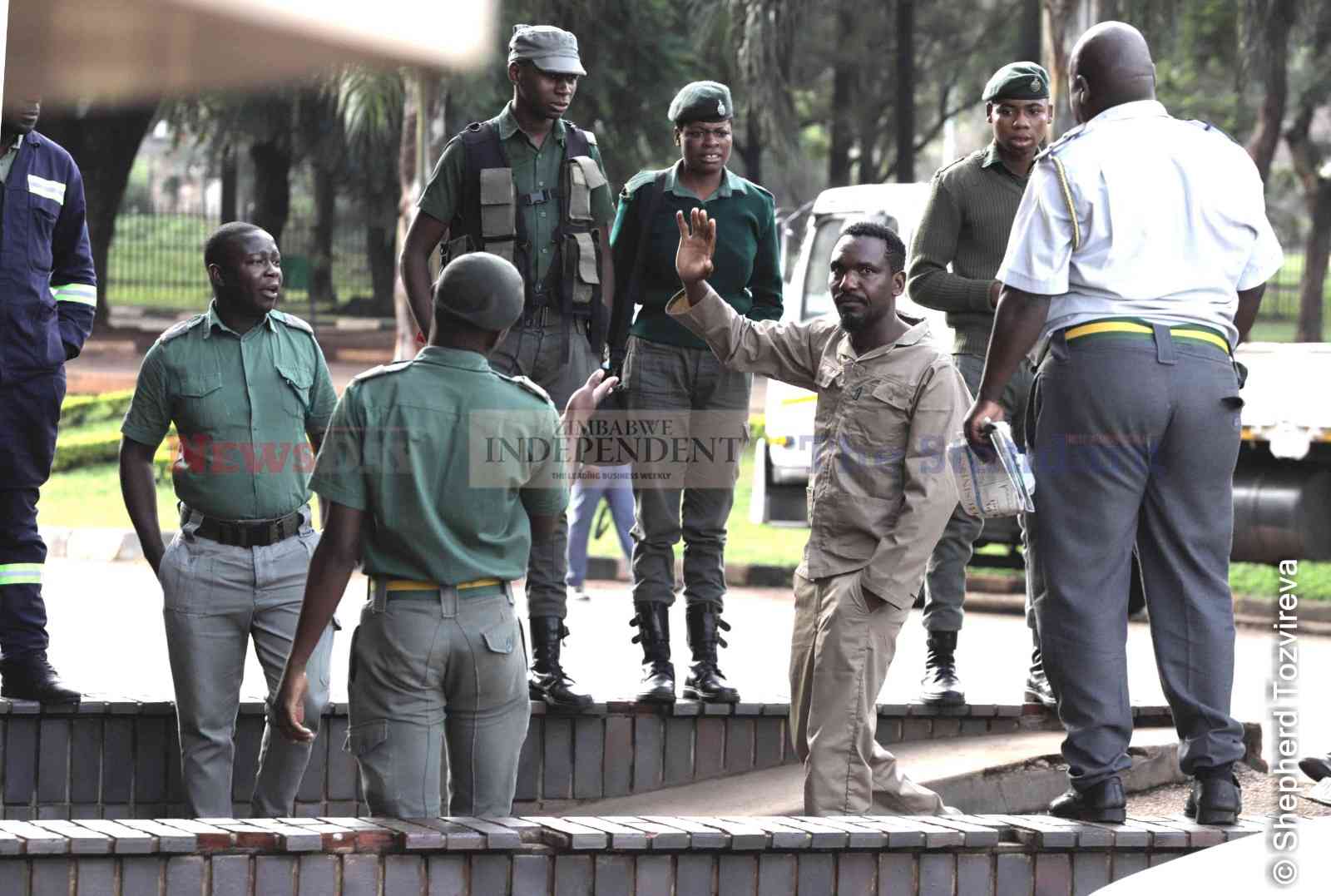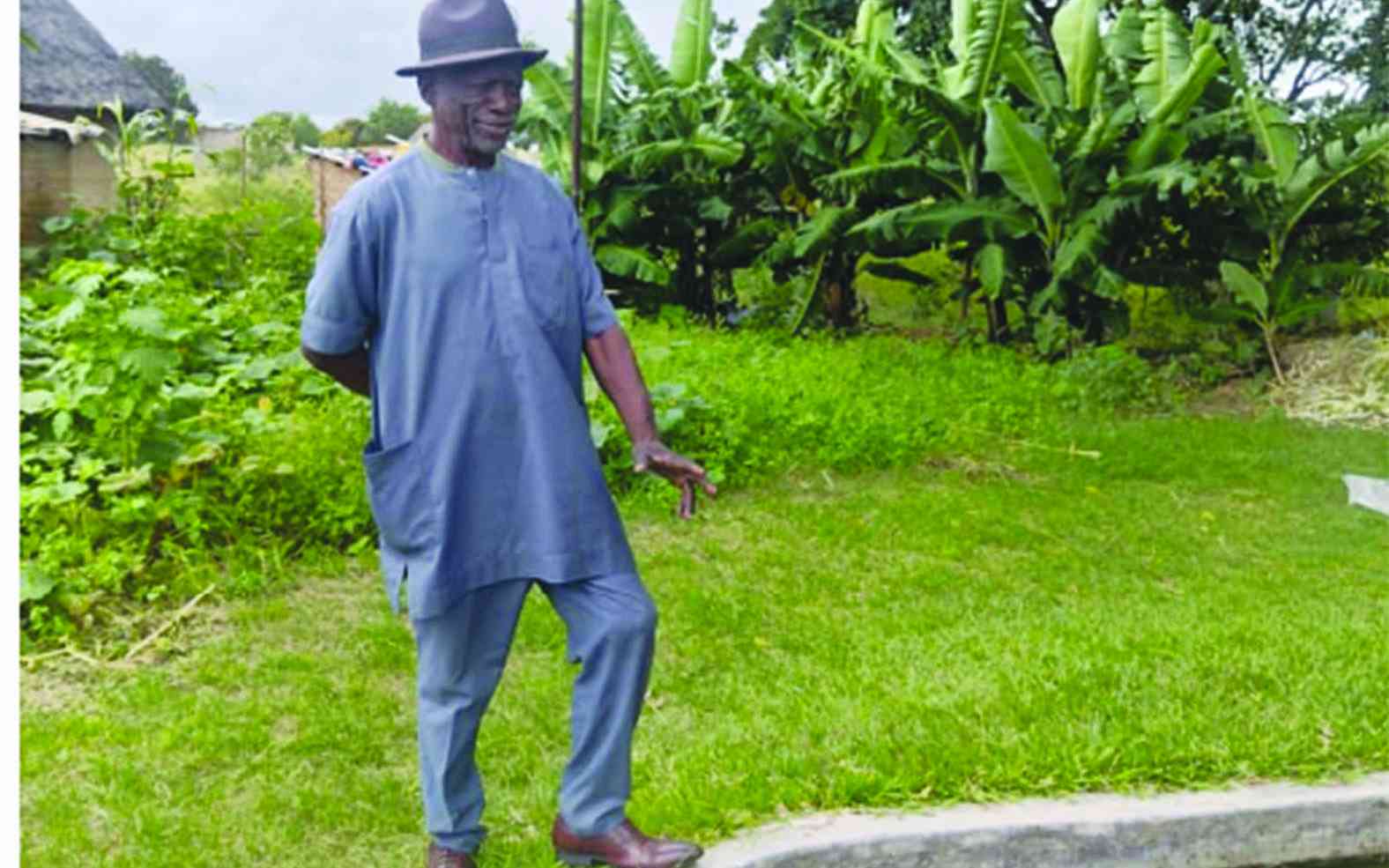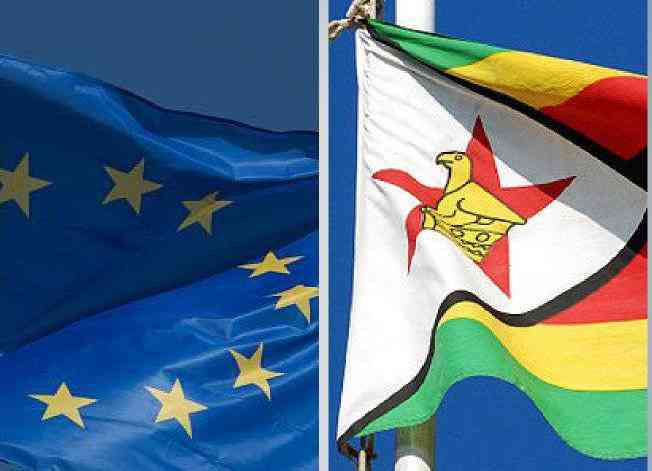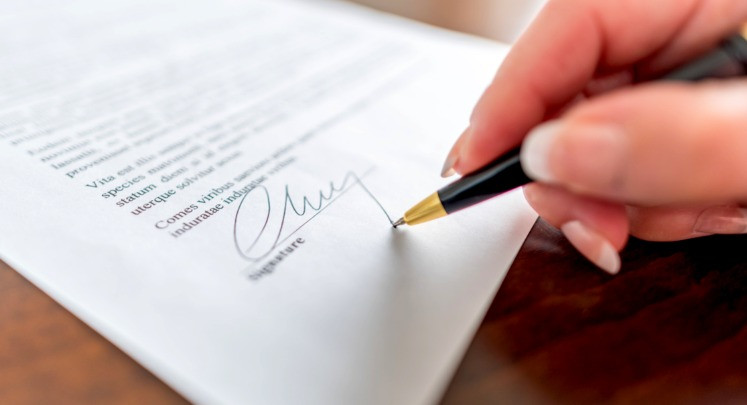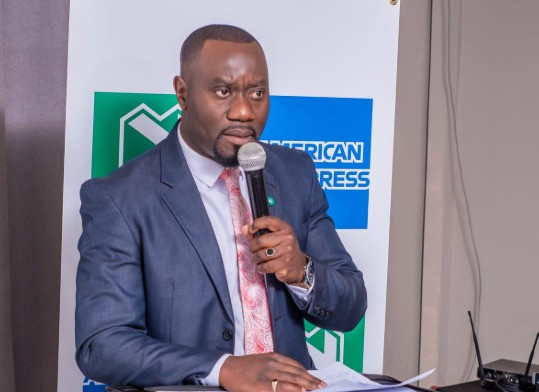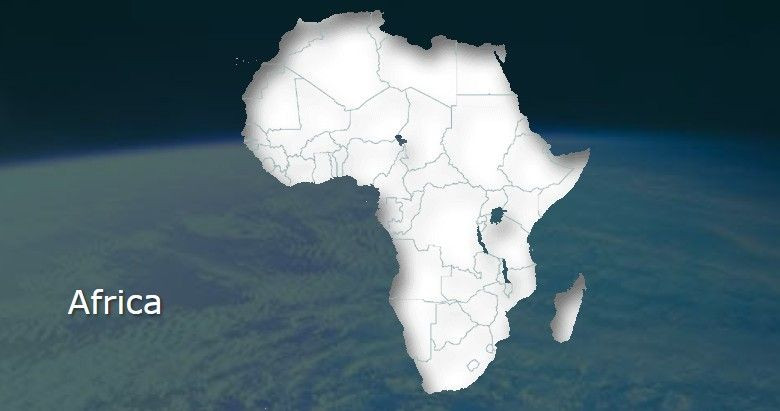
Commemorating Africa Day this year has been unique and transformative in several ways. Prominent being the theme, Building Resilient Education Systems for increased access to inclusive, lifelong, quality and relevant learning in Africa.
This has also coincided with the mantra, Agenda 2063, ‘The Africa We Want’, although some would opt for ‘The Africa We Need.’ In the past commemorations, emphasis has been placed on peace, security and the elusive economic development, with little focus on disaster preparedness and climate resilient infrastructure.
Investing in climate resilient infrastructure is key for Africa, with education as a vital enabler in realising a community resilient to climate change. This is important in lessening the increasing impacts of natural disasters on key infrastructure such as roads, schools, homes, bridges, water, sewers, electrical grids, railways and telecommunications, among others. In this regard, deeply rooted in this year’s theme is SDG4 (quality education), complemented by SDG6 (clean water and sanitation), SDG9 (industry, innovation and infrastructure), SDG11 (sustainable cities and communities) not forgetting the ever-popular yardstick, SDG13 (climate action).
This year’s theme does not mean that Africa is not educated but just to emphasise that resilient and sustainable education is ongoing and lifelong while fit for the 21st century. This is not only event-based education but education judged by its quality, transformative and inclusive nature. SDG4 (quality education) is the key that will allow many other sustainable development goals (SDGs) to be achieved hence it has to be taken seriously. Lately, natural disasters have not only affected quality education and healthy well-being but they have negatively impacted on infrastructural development, human and economic development, leaving Africa behind in the packing order.
Problems posed by disasters are at the centre of African governments’ planning trajectories. There is evidence of increasing frequencies of natural disasters which negatively impact on infrastructural development in Africa resulting in large-scale losses and damage to infrastructure and compromising livelihoods. While disaster frequency is accelerating on the African continent, knowledge, expertise and resources seem to be on the back foot and sliding. Therefore, the continent needs to transform, build resilient education systems that are inclusive and will enable the continent to fight disasters, protect and upgrade its ageing or substandard infrastructure.
While the Horn of Africa and East African regions have been at the forefront in realising disasters, such as flooding, drought and locust invasion, lately southern Africa is proving to be in the thick of unfolding disasters. Malawi, Mozambique, South Africa and Zimbabwe are annual casualties, suffering heavy losses and damages in the process. Southern Africa is also reeling under the El Nino-induced drought, exacerbating an already dire situation. West Africa has its equal share of these climate-induced disasters while North Africa has been on the receiving end with Libya experiencing floods that have never been witnessed for decades. All these disasters combined, contribute to enormous, large-scale loss and damage which economically poorly resourced African countries cannot finance. Therefore, it is already difficult for many disaster impacted African countries to recover and bounce back due to weaker and bleeding economies whose main pillar of strength is nothing but propaganda as a desperate image building and controlling exercise. It is, therefore, difficult to write the success Africa has registered so far in the context of toxic and largely unaccountable media chaperoned by States desperation to stay in power.
It is the duty of the continent to build climate resilient infrastructure, designed to climate proof cities and alleviate vulnerabilities by focusing on sustainable disaster risk reduction education and preparedness, using context specific tools and expertise. The continent has weak, substandard and ageing infrastructure, which requires remodelling, upgrading and rehabilitation. Not many countries have efficient road networks in Africa while some parts of the continent are not navigable due to poor roads or lack of bridges to link communities. There are poor telecommunication networks in many African countries which derail the continent’s ability to connect with the outside world and conduct business efficiently. Many African countries are hotspots for water borne diseases due to poor, polluted and contaminated water infrastructure. Many African countries continue to live in endless energy poverty due to erratic power generation and failure to transform to renewable energy, cut costs and improve sustainability. Therefore, the continent requires ongoing training in disaster response, early warning messages and emergency preparedness including multifaceted public information education.
The Sub-Saharan region need to seriously invest in resilient and sustainable education to counter a new wave of marauding disasters if it dreams of realising some of the gains towards Agenda 2063.
- DeMbare fire blanks in drab draw
- New perspectives: Zim govt has to find balance between economy and politics
- ‘Inflation could shoot to 700% by April next year’
- All set for inaugural job fair
Keep Reading
In this regard, African countries need to improve their data management systems through enhanced information technology utilisation and uptake. Technology transfer has been the weak point in Africa’s quest to improve its communication infrastructure and knowledge about disaster mitigation. The continent’s research output is less compared to other continents. Serdeczny (2021), noted that the bulk of research on loss and damage practised in the developed countries, is about 70% while developing countries account for about 30%. Africa’s research footprint is embedded within the 30% threshold and it is nearly 2%. The language used to communicate information on climate change in general needs to be decolonised to suit and appeal to the needs of developing countries. Today disaster risk reduction, disaster risk management practices and activities globally are informed and guided by the Hyogo Framework Action, including Sendai Framework but all these frameworks seem not clear on loss and damage.
According to the World Meteorological Organisation (1970-2019), Atlas of Mortality and Economic losses from Weather, Climate and Water Extremes, Africa recorded 1 695 disasters resulting in the loss of 71 747 lives coupled with economic losses amounting to $5 billion. The African continent has accounted for about 15% of global extreme weather events and water related disasters, resulting in about 35% of associated casualties including at least, 1% of economic losses on the global scale.
In this regard, African countries need to uplift their research outputs to facilitate understanding of how information systems are used in disaster risk management. African governments need to utilise experts and specialists in the domain of disaster risk management for sustainable quality education and informed participation. This is important because the unskilled and uninitiated in the realm of disaster management and infrastructural development often feel intimidated and overwhelmed by the complex data and technology driven community of practice, leading to substandard solutions. African governments need to increase the working knowledge of science and technology with the aim of improving the quality of lives through mitigating continuous deaths and destruction caused by natural disasters.
Finally, the idea is not to sound negative about the African continent’s success stories but compared with the rest of the world, the truth needs to be told, the continent is lagging in infrastructural development and resilience building, research and innovation. Furthermore, Africa needs to realise some of its achievement towards Agenda 2063, the Africa We Want. To achieve what it wants, needs, desires or covets, the continent must seriously transform and build resilience.
Peter Makwanya is a climate change communicator. He writes in his personal capacity and can be contacted on: [email protected].

